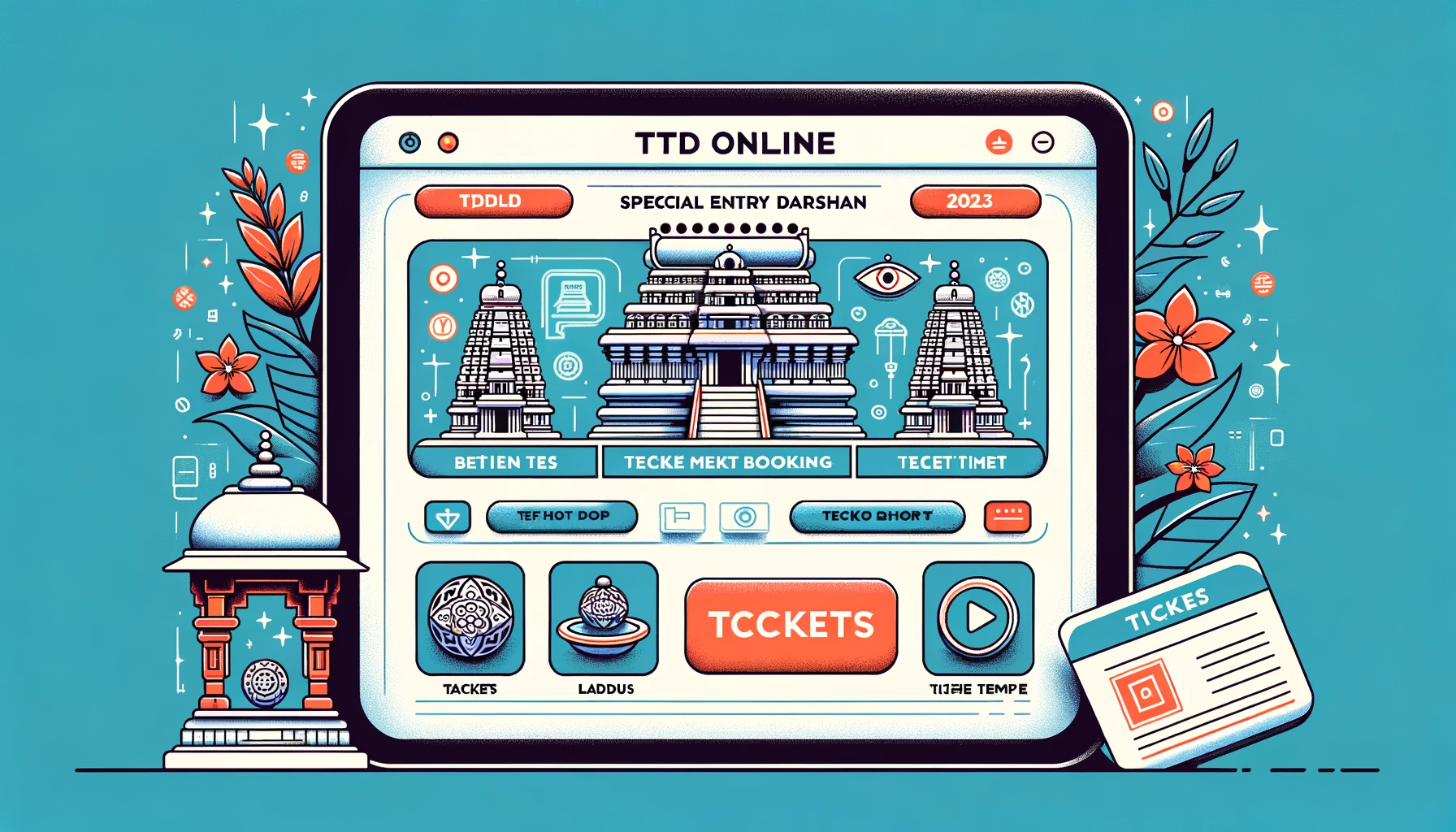when information is just a click away, students are no longer reliant solely on academic advisors or word-of-mouth recommendations to choose their professors. Instead, they turn to online platforms like “Rate my professor in usa,mdc,ucf” to gain insights into the quality of teaching and overall experience a professor offers. In this article, we will delve into the world of “Rate My Professors,” exploring its impact on academia, its pros and cons, and how students and educators can make the most of this valuable resource.

Rate My Professor 2024 In your Current Location
What is Rate My Professor?
“Rate My Professor” is an online platform where students can anonymously rate and review their professors. It was founded in 1999 and has since become one of the most popular websites for students seeking information about their prospective instructors.
How Does It Work?
Students can search for their professors by name or institution and leave reviews on various aspects such as teaching quality, easiness, and overall rating. These reviews are accompanied by a 1-5 rating scale, allowing for a quick overview of a professor’s strengths and weaknesses.
Pros of Rate My Professor
Informed Decision-Making
One of the primary benefits of “Rate My Professor” is that it empowers students to make informed decisions when selecting their courses. They can read honest feedback from their peers, helping them choose professors whose teaching styles align with their learning preferences.
| College/University | Rate My Professor Page |
|---|---|
| University of Central Florida (UCF) | See Rate |
| Miami Dade College (MDC) | See Rate |
| University of Texas at San Antonio (UTSA) | See Rate |
| Tidewater Community College (TCC) | See Rate |
| Brigham Young University-Idaho (BYUI) | See Rate |
| Florida State University (FSU) | See Rate |
| University of Texas at Dallas (UTD) | See Rate |
| Louisiana State University (LSU) | See Rate |
| Michigan State University (MSU) | See Rate |
| University of Houston (UH) | See Rate |
| University of California, Santa Barbara (UCSB) | See Rate |
| University of Texas at Arlington (UTA) | See Rate |
| University of Minnesota (UMN) | See Rate |
| University of South Florida (USF) | See Rate |
| Purdue University | See Rate |
| University of North Carolina Wilmington (UNCW) | See Rate |
| University at Buffalo (UB) | See Rate |
| Virginia Tech (VT) | See Rate |
| University of Alabama (UA) | See Rate |
| Towson University | See Rate |
| Middle Tennessee State University (MTSU) | See Rate |
| Colorado State University (CSU) | See Rate |
| See Rate |
Accountability
The platform holds professors accountable for their teaching methods. Knowing that their performance can be publicly evaluated, educators are incentivized to continually improve their teaching practices.
Community Building
“Rate My Professor” fosters a sense of community among students. It creates a space where they can share their academic experiences, offer recommendations, and support each other in navigating the complex world of academia.
How Does Rate My Professor Work?
Students can visit the Rate My Professors website and search for their college or university. Once they find their institution, they can look up specific professors and leave ratings and reviews based on their personal experiences. These reviews cover various aspects such as teaching style, course difficulty, and overall satisfaction.
The Importance of Professor Ratings
Professor ratings on Rate My Professors are instrumental in helping students make informed decisions about their education. They offer a glimpse into what to expect from a particular professor and can influence a student’s choice of classes and professors.
Benefits of Using Rate My Professor
- Informed Decisions: By reading reviews and ratings, students can choose professors whose teaching styles align with their learning preferences.
- Course Selection: Rate My Professor helps students identify courses that are challenging but also rewarding.
- Community Building: It fosters a sense of community among students, allowing them to share valuable insights with their peers.
- Feedback for Improvement: Professors can use feedback to improve their teaching methods and better cater to their students’ needs.
Limitations of Rate My Professor
While Rate My Professors is a valuable tool, it does have some limitations. It’s essential to consider these limitations when using the platform:
- Subjectivity: Reviews are based on individual experiences and may not represent a professor’s overall effectiveness.
- Small Sample Sizes: Some professors may have limited reviews, making it challenging to assess their teaching accurately.
- Bias: Ratings can be influenced by personal biases or grievances, so it’s essential to read multiple reviews for a balanced perspective.
How to Make the Most of Rate My Professor
To make the most out of Rate My Professors, follow these tips:
- Read Multiple Reviews: Don’t rely solely on one review; read several to get a comprehensive view.
- Consider Your Preferences: What works for one student may not work for another. Consider your own learning style and preferences.
- Ask for Recommendations: Seek recommendations from peers and academic advisors in addition to using Rate My Professor.
Top-Rated Colleges on Rate My Professor
Here are some of the top-rated colleges in the USA based on Rate My Professor ratings:
- ???????? Harvard University
- ???????? Stanford University
- ???????? Massachusetts Institute of Technology (MIT)
- ???????? Yale University
- ???????? University of California, Berkeley
How to Interpret Professor Ratings
When interpreting professor ratings, keep the following in mind:
- Overall Rating: This is an average of all ratings. Higher ratings usually indicate better professors.
- Easiness: This indicates how easy or difficult a professor’s course is. Be sure to balance challenge with your learning goals.
- Helpfulness: Look for professors who are not only knowledgeable but also willing to help students succeed.
Factors Affecting Professor Ratings
Several factors can influence professor ratings, including:
- Teaching Style: Some students may prefer interactive lectures, while others prefer a more traditional approach.
- Course Material: The subject matter can affect ratings, as some subjects are inherently more challenging.
- Personality: A professor’s personality and approachability can impact ratings.
The Future of Rate My Professor
As technology advances, Rate My Professors is likely to evolve. We can expect improved features and a more extensive database of professor and college reviews. This platform will continue to be a valuable resource for students.
Success Stories of Rate My Professor
Numerous students have credited Rate My Professors with helping them navigate their academic journeys successfully. They found the platform instrumental in making informed decisions about their education.
Cons of Rate My Professor
Subjectivity
While the platform provides valuable insights, it’s essential to remember that reviews are subjective and based on individual experiences. What one student finds challenging, another might appreciate.

Potential for Bias
There is a potential for bias in reviews, as some students may leave negative feedback for personal reasons unrelated to a professor’s teaching abilities. This bias can unfairly tarnish a professor’s reputation.
Limited Scope
“Rate My Professors” may not cover all professors, especially those at smaller institutions. Consequently, some educators might not receive the exposure or feedback they deserve.
Making the Most of Rate My Professor
Cross-Referencing
To ensure a balanced perspective, it’s advisable for students to cross-reference “Rate My Professors” reviews with other sources, such as academic advisors’ recommendations and departmental websites.
Engaging Constructively
Professors can engage constructively with the platform by addressing concerns raised in reviews and using feedback to improve their teaching methods.
Encouraging Honest Feedback
Institutions should encourage students to provide honest yet fair feedback on “Rate My Professor,” emphasizing the importance of constructive criticism.
Rate My Professors: Making Informed Choices for Your Education
Are you embarking on your academic journey and looking for ways to ensure you have the best professors guiding you? Rate My Professor is here to help. In this comprehensive guide, we’ll delve into the world of Rate My Professor, providing valuable insights, FAQs, and tips to help you make informed choices. Whether you’re a college-bound student or a concerned parent, understanding Rate My Professor can make a significant difference in your education.
What is Rate My Professors?
Rate My Professor is an online platform that allows students to review and rate their professors and instructors. It offers a wealth of information about educators across various institutions, helping students make informed decisions when selecting their courses. Founded in 1999, rate my professor in usa,mdc,ucf has become a go-to resource for students looking for valuable insights into their prospective professors.
The Importance of Student Reviews
Empowering Students
One of the key advantages of rate my professor in usa,mdc,ucf is that it empowers students by giving them a voice. Through their reviews, students can share their experiences, both positive and negative, with their professors. This information is invaluable for prospective students who want to know what to expect in a particular class or from a specific educator.
Informed Decision-Making
Choosing the right professors can significantly impact your learning experience. Rate My Professor provides detailed reviews and ratings on various aspects of a professor’s teaching style, including clarity, helpfulness, and overall quality. Armed with this information, you can make informed decisions about which classes to take and which professors to avoid.
Creating Accountability
By allowing students to rate their professors, rate my professor in usa,mdc,ucf encourages accountability in the education system. Professors strive to maintain positive ratings, which can lead to improved teaching methods and more engaged classrooms.
Using Rate My Professor Effectively
Navigating the Website
Rate My Professor’s website is user-friendly and intuitive. To get started, simply enter the name of your college or university and browse through the list of professors. You can search by department or professor name to find the specific information you need.
Reading Reviews
When considering a professor, take the time to read reviews from multiple students. Keep in mind that individual experiences may vary, so it’s essential to get a well-rounded view. Look for recurring themes in the reviews to identify strengths and weaknesses.
Contributing to the Community
If you’ve had experiences with professors, consider contributing to the Rate My Professor community by leaving your own reviews. Your insights can help future students make informed decisions.
Conclusion
“Rate My Professors” has undoubtedly revolutionized how students select their professors and how educators approach their teaching. While it offers valuable insights, rate my professor in usa,mdc,ucf crucial to use this platform judiciously, considering the subjective nature of reviews. By doing so, both students and professors can benefit from the transparency and accountability it brings to academia.
FAQs
“Rate My Professors” can provide valuable insights, but it should be used alongside other sources for a more comprehensive evaluation.
Yes, professors can read the reviews left by their students on the platform.
Yes, students can leave anonymous reviews to encourage honest feedback.
While many professors are listed, not all may have reviews, especially at smaller institutions.
Professors can use feedback to improve their teaching methods and connect with students better.






